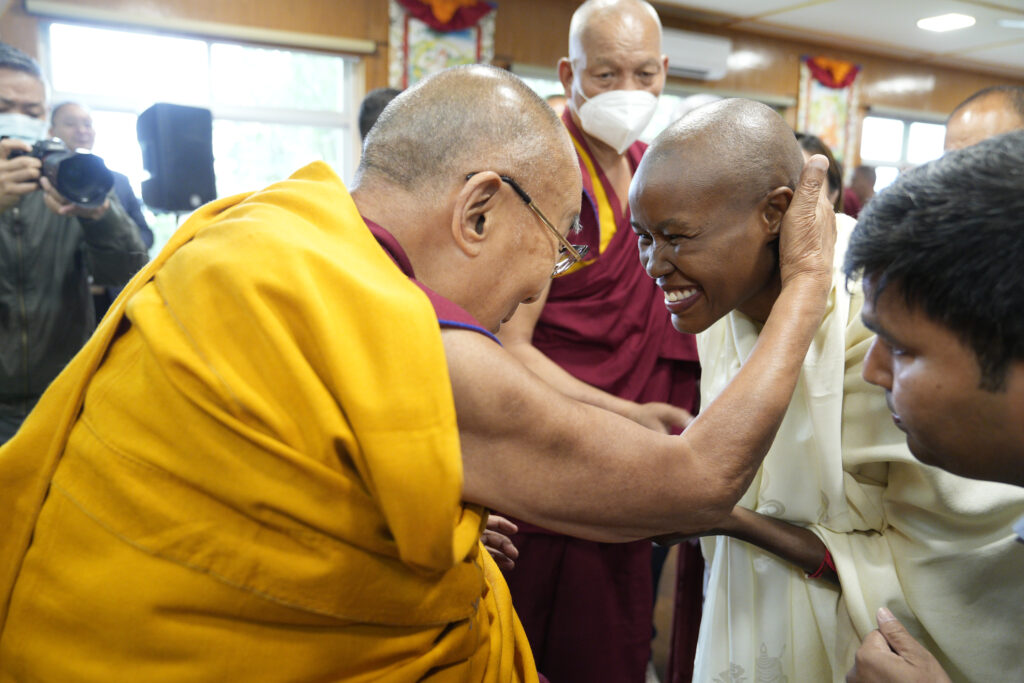Welcome to
the church of Wall Street

Sawubona Visionaries,
Welcome to the enigmatic and transformative world of the Church of Wall Street, an initiative birthed from the visionary mind of Thembi Buthelezi, founder of Future Gen Leaders.
A former equities trader on the bustling floors of Wall Street, Thembi witnessed firsthand the profound need for a holistic approach to wellness, encompassing emotional, spiritual, financial, relational, and physical aspects for ambitious professionals to truly thrive.
With a heart set on making a difference, Thembi gave rise to this unique platform, a convergence of ancient wisdom and modern leadership.
Here, in our mystical sanctuary, we delve into the depths of African Mysticism, Buddhism, Taoism, Hinduism, Confucianism and Christ Consciousness. These are not just philosophies; they are ancient keys unlocking the potential within each of us, shaping us into empowered leaders in an interconnected world.
The Church of Wall Street transcends the traditional constructs of a church. It is a multidimensional leadership academy where Love reigns supreme, and from this sacred foundation, we flourish in business and philanthropy, bound by a shared commitment to each other and to the greater good.
Our offerings are carefully curated to guide you through the ever-changing maze of life and leadership. Engage in transformative practices like meditation, yoga, chanting, and sacred tribe circles, which serve not just as rituals, but as pathways to peak performance and heightened consciousness.
In this era of rapid change, our world yearns for visionary thinkers and creative problem-solvers. The Church of Wall Street stands as a testament to the power of enlightened leadership and holistic wellness. We invite you to join us in leaving a lasting imprint on the consciousness of humanity, where diversity is celebrated, and the sacredness of life is upheld.
Welcome to a journey of mystery and transformation.
Welcome to the Church of Wall Street.
With Chills of Excitement and Ecstasy,
Thembi Buthelezi
Church of Wall Street
On Reflecting Universal Values:
In the midst of the fast-paced world of leadership, where every decision carries weight and every action has consequences, it’s easy for leaders to lose themselves in the whirlwind of responsibilities. The constant pressure to achieve success, coupled with the demands of managing teams and navigating challenging situations, can gradually erode one’s sense of inner peace and purpose.
However, within the chaos and challenges of leadership, the timeless wisdom of the Buddhist precepts offers a guiding light. By embracing these ethical guidelines, leaders can cultivate a mindset of compassion, integrity, and mindfulness, which serve as pillars of strength in the face of adversity.
Understanding And Embodying The 5 Precepts To unbridled joy.
The first precept, Ahimsa, encourages leaders to practice non-violence and compassion towards all living beings. By embodying this principle, leaders can foster a culture of empathy and understanding within their teams, promoting harmony and cooperation.
The second precept, Asteya, emphasizes honesty and integrity in all interactions. By refraining from taking what is not given and avoiding deceitful practices, leaders can build trust and credibility, laying the foundation for strong relationships and effective collaboration.
The third precept, Brahmacharya, highlights the importance of maintaining ethical and respectful relationships. By upholding this principle, leaders can create a safe and inclusive work environment where everyone feels valued and respected.This precept helps leaders avoid sexual harassment lawsuits.
The fourth precept, Satya, underscores the significance of honesty and truthfulness in communication. By speaking truthfully and avoiding falsehoods, leaders can foster open and transparent communication, facilitating understanding and alignment among team members.
Finally, the fifth precept, Sauca, promotes clarity of mind and mindfulness. By refraining from intoxicants that cloud the mind, leaders can cultivate a state of mental clarity and presence, enabling them to make sound decisions and lead with wisdom and discernment.
By aligning their actions with these timeless principles, leaders can stay grounded in happiness, peace, and inner liberation, even amidst the challenges of leadership. By embodying compassion, integrity, and mindfulness in their leadership approach, they not only inspire greatness in others but also create a workplace culture that nurtures the well-being and growth of all individuals.
the practice of Metta, or loving-kindness.
This ancient practice invites leaders to extend wishes of well-being and liberation not only to themselves but to all beings, creating a ripple effect of positive energy and compassion that transcends boundaries.
The essence of Metta lies in the heartfelt wish for happiness and peace, not only for oneself but for all beings. By cultivating this attitude of loving-kindness, leaders can break free from the narrow confines of self-interest and expand their circle of compassion to encompass all living beings.
The first aspect of Metta, “May I be happy,”reflects a genuine desire for one’s own well-being and happiness. By extending this wish to oneself, leaders acknowledge their inherent worthiness of happiness and joy, free from the burdens of self-doubt and insecurity. Through practices of self-love and self-compassion, such as positive affirmations and acts of kindness towards oneself, leaders nourish the seeds of happiness within their own hearts, laying the foundation for a life filled with fulfillment and contentment.
The second aspect, “May I be peaceful,” invites leaders to cultivate inner tranquility and equanimity amidst the turbulence of life. By anchoring themselves in the present moment and releasing attachment to worries and anxieties, leaders can find refuge in the calm center of their being. Through mindfulness practices such as meditation, deep breathing, and conscious relaxation, leaders can cultivate a sense of inner peace that radiates outward, infusing their interactions with others with a sense of calm and serenity.
The third aspect, “May I be liberated from all ignorance,” encourages leaders to embark on a journey of self-discovery and growth. By recognizing the limitations of their own knowledge and understanding, leaders humbly embrace a mindset of curiosity and openness to new perspectives. Through continued learning, self-reflection, and seeking guidance from mentors and peers, leaders can gradually dispel the clouds of ignorance that obscure their clarity of vision, gaining deeper insights into themselves and the world around them.
The fourth aspect, “May I be liberated from all suffering,” calls upon leaders to extend compassion and empathy not only to themselves but to all beings who suffer. By recognizing the interconnectedness of all life and the universal nature of suffering, leaders cultivate a heart of compassion that seeks to alleviate the pain and struggles of others. Through acts of kindness, generosity, and service, leaders sow the seeds of compassion and create a ripple effect of positive change that uplifts the hearts of all beings.
In embracing these timeless principles of leadership guided by the Buddhist precepts and Metta, leaders can make a profound impact in the world without losing themselves or their sense of joy and inner purpose. By prioritizing happiness, peace, wisdom, and compassion in their leadership journey, leaders can inspire others to do the same, creating a ripple effect of positive change and transformation that extends far beyond the confines of the workplace.
On Compassion and Empathy: "How does putting yourself in the shoes of someone from a different spiritual background change your perspective on your own beliefs and practices?"
On Non-Judgmental
Acceptance:
In what ways might your organization's vision and values serve as a compass to navigate through challenges and uncertainties, much like a guiding star for a ship lost at sea?

Navigating the Storm: How Cultural Conflict Leaves Companies Lost at Sea
Imagine a ship lost at sea, its crew without a compass or map. That’s how it feels for a company without a clear vision or values. In today’s diverse workplaces, cultural conflict adds another layer of complexity.
As companies seek to harness the talents of a diverse and self-expressed workforce, clashes in values and communication styles can arise. Without a clear vision to guide them, companies may find themselves adrift, struggling to navigate these uncharted waters.
To overcome this, companies must embrace diversity and foster an inclusive culture. By promoting cultural intelligence and empathy, they can bridge divides and tap into the full spectrum of talent.
A clear vision acts as a North Star, guiding companies through cultural conflict and helping them stay on course. By anchoring themselves in these principles, companies can navigate diversity with confidence, charting a course towards success in the ever-changing seas of business.
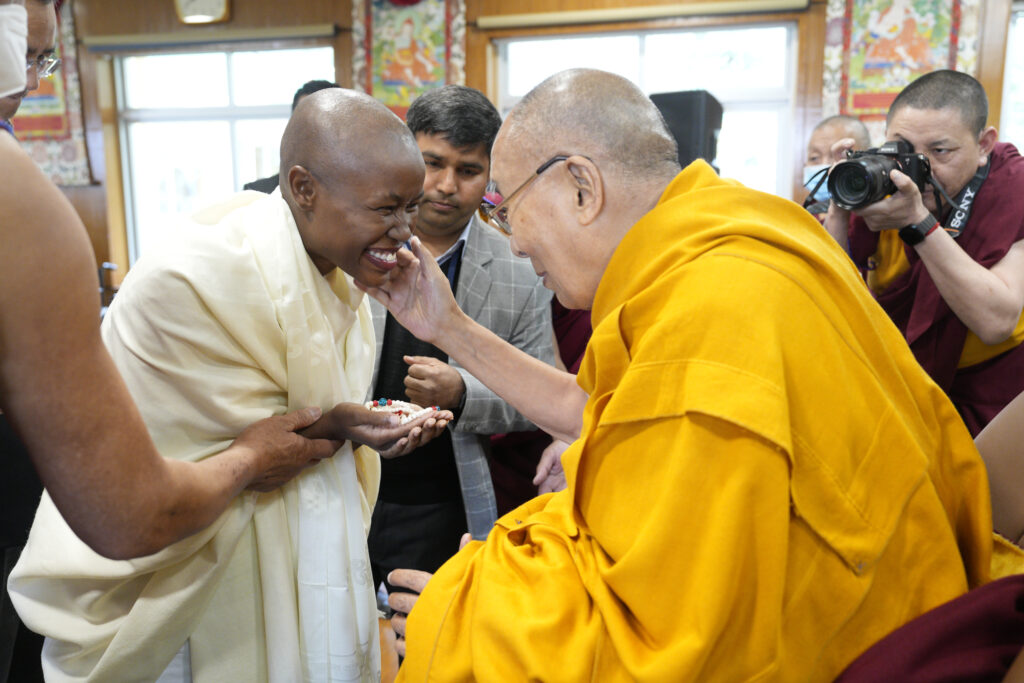
Navigating Towards Positive Leadership: Embracing Emotional Intelligence
Leadership is a journey filled with challenges and opportunities for growth. It’s natural to face moments of uncertainty or self-doubt along the way, especially when it comes to navigating complex interpersonal dynamics.
If you find yourself recognizing patterns of behavior that may be contributing to tension or negativity in your workplace, know that you’re not alone. Many leaders grapple with similar struggles, and it’s okay to acknowledge areas for improvement without feeling shame or judgment.
By embracing emotional intelligence and practicing empathy, leaders can transform their approach and create a positive, nurturing culture where everyone feels valued and empowered to contribute their best work.
Together, let’s pave the way towards a brighter future for our teams and organizations, where every voice is heard, and every individual can thrive.
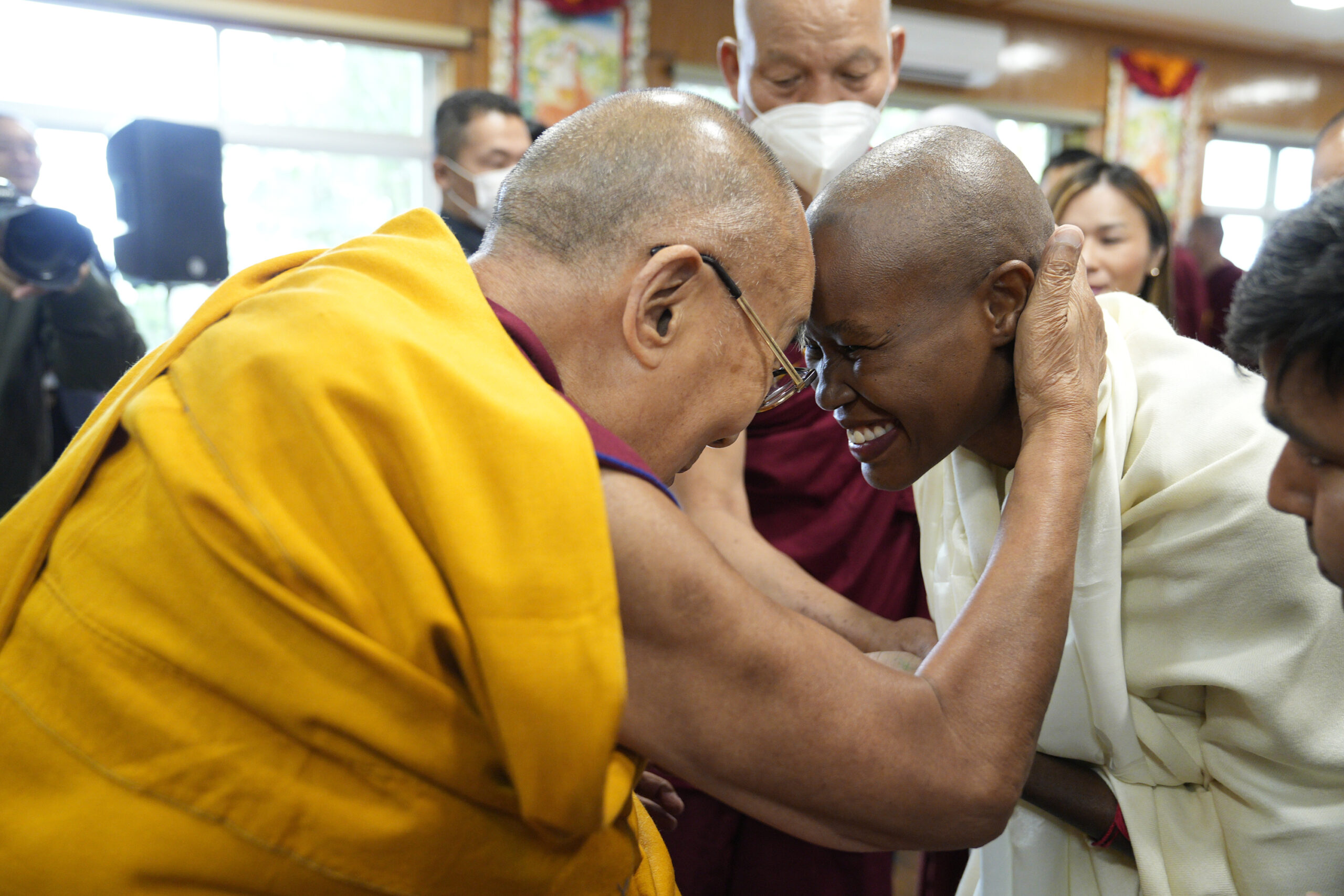
The Unspoken Crisis:Why Your Team's Unspoken Resentment Is Ready to Boil Over
We’ve all played that game of telephone where a simple message gets twisted and distorted with each passing whisper. In the workplace, poor communication can have similarly disastrous consequences, leading to confusion, mistakes, and missed opportunities.
But what fuels this breakdown in communication? Often, it’s fear and envy lurking beneath the surface. Fear of being misunderstood or overlooked can cause individuals to withhold information or distort the truth. Meanwhile, envy can breed resentment and sabotage, leading to gossip, backstabbing, and a breakdown in trust.
Consider the tragic case of the Challenger Space Shuttle disaster, where miscommunication between engineers and management led to a catastrophic failure. The consequences of poor communication are not always as dramatic, but the impact can be just as profound, affecting productivity, morale, and the bottom line.
It’s time to confront the demons of fear and envy that poison our communication channels. By fostering a culture of openness, transparency, and mutual respect, we can bridge the gaps and build stronger, more resilient teams. Because when we communicate with clarity and compassion, we not only avoid disaster but also unlock the full potential of our collective genius.
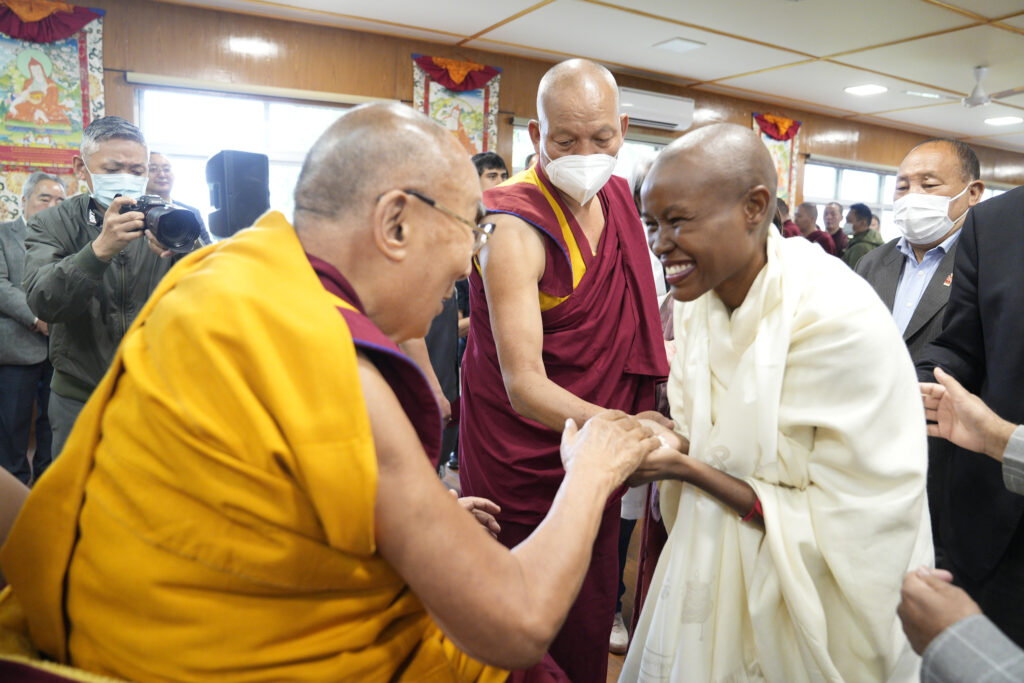
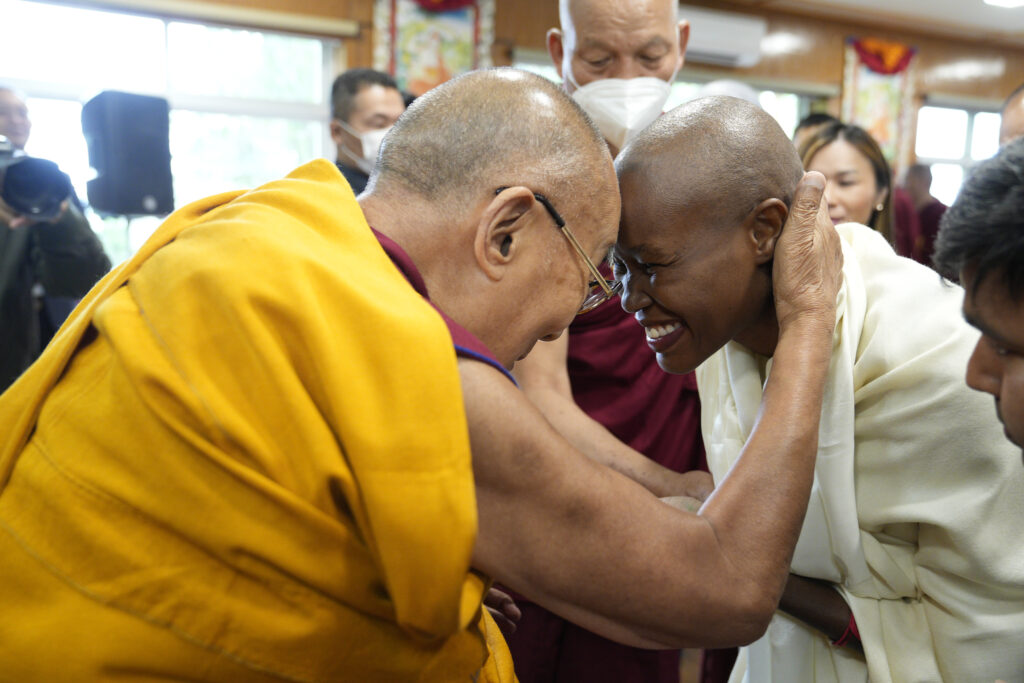
Finding Light in the Darkness:Embracing Curiosity as a Shield Against Workplace Stress
Close your eyes for a moment. Imagine a colleague, shoulders slumped, eyes weary from endless nights at the office. It’s a scene all too familiar in today’s frantic workplaces, where burnout lurks around every corner, sapping productivity, damaging health, and driving talent away.
But amidst the chaos and exhaustion, there’s a glimmer of hope—a spark of curiosity waiting to ignite a revolution. Curiosity has the power to transform the ordinary into the extraordinary, infusing even the most mundane tasks with a sense of wonder and possibility.
Imagine what could happen if you dared to ask questions, to challenge the status quo, to explore new ways of thinking and doing. What if you had the courage to make bold choices, to reimagine your day-to-day existence and engineer a life that includes balance and joy?
By embracing curiosity, you open the door to innovation and creativity, breathing new life into your work and revitalizing your spirit. Curiosity compels you to seek out new experiences, to learn from failure, and to forge connections with others who share your passion for discovery.
So, let curiosity be your guide as you navigate the tumultuous waters of workplace stress and burnout. Let it lead you to new horizons, where balance and fulfillment await. For in the realm of curiosity, there are no limits—only endless possibilities waiting to be explored.
Millennial men are committing suicide at alarming rates.
Courageous Progress: Breaking Barriers for Diversity and Inclusion
Imagine a workplace where the path to success seems reserved for only a select few, while others are left feeling invisible and unheard. It’s a landscape where diversity and inclusion are mere buzzwords, with little substance behind them. This exclusion not only wounds morale but also suffocates the flames of creativity and innovation.
Look no further than the shadows cast upon companies like Uber, where whispers of a toxic “bro culture” echo through the halls. Women and minorities find themselves sidelined, their voices drowned out by the thunderous roar of conformity.
But this is not just a story of one company’s failure; it’s a reflection of broader challenges within our society. It’s a stark reminder of the work that still needs to be done to create workplaces where every voice is heard and every individual is valued.
The cost of exclusion is not just measured in lost opportunities but in shattered dreams and broken spirits. It’s time to tear down the barriers that divide us and build bridges of inclusion and understanding. For when we embrace diversity, we unlock the full potential of our teams and organizations, paving the way for a brighter and more inclusive future.
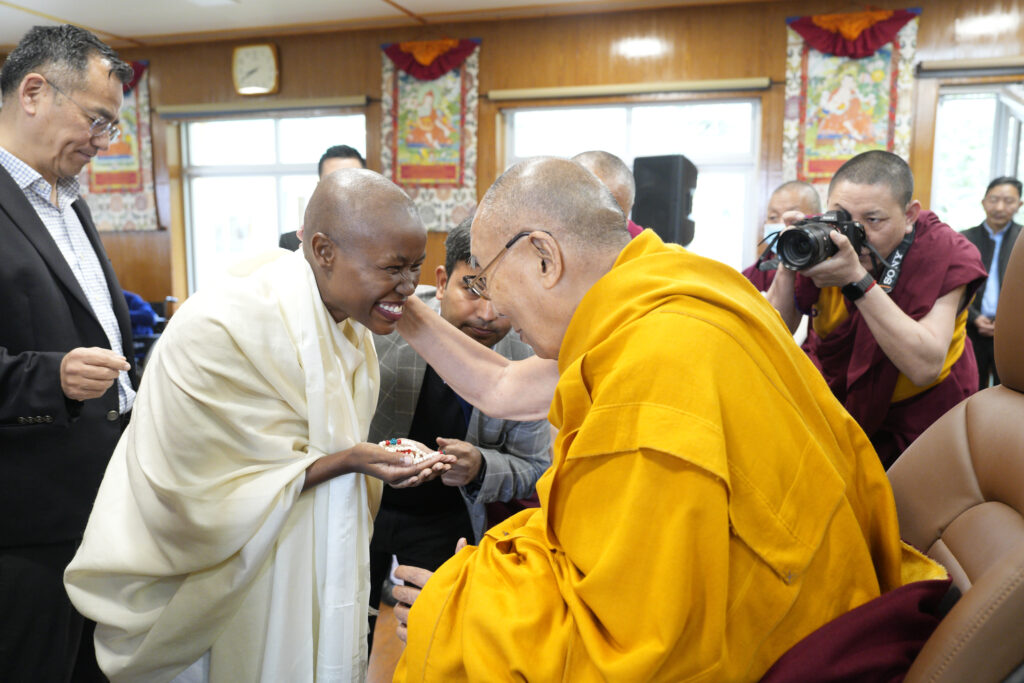
On the Essence of visionary Leadership:
How can we foster a culture where employees feel empowered to contribute their unique talents and ideas towards fulfilling the company’s vision, rather than simply following directives?




